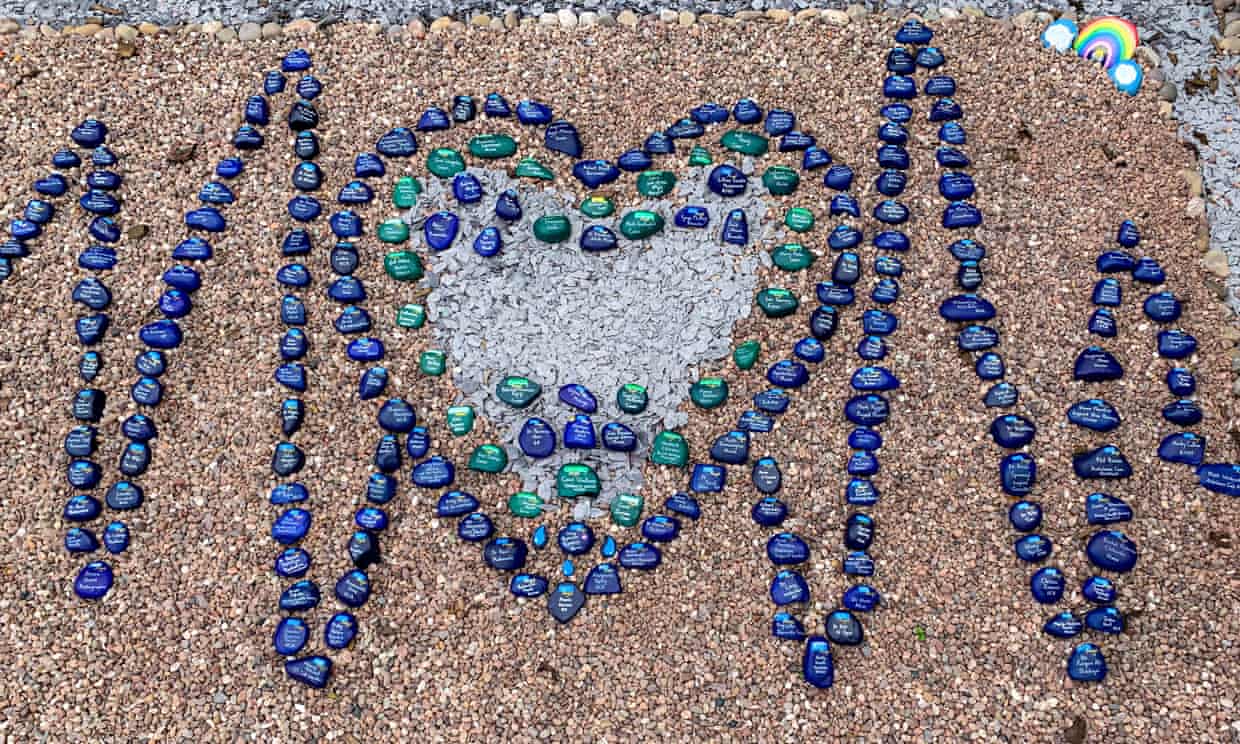
Care workers
Care workers should be better paid and valued after Covid-19 – poll
Fawcett Society survey shows support for income-tax increase to fund pay rise
by Alexandra ToppingThere has been a dramatic shift in the public’s perception of care workers as a result of the coronavirus crisis, with most people believing they should be better paid and better valued, according to a survey.
The poll, which was published on Tuesday by the gender equality campaigning charity the Fawcett Society, found 65% of respondents supported an increase in income tax to fund a pay rise for care workers, a figure that rose to 68% among Conservative voters polled.
Sam Smethers, the charity’s chief executive, said: “This crisis has revealed how much we rely on frontline workers, particularly low-paid care workers, yet how poorly they are treated. The truth is government did not prioritise the care sector at the start and the public are clear on that. This must change. As a minimum it is time to properly protect them, give them decent terms and conditions and start paying them a living wage.”
According to the Savanta ComRes poll, 48% of respondents did not think the government sufficiently prioritised care homes at the beginning of the pandemic, while 26% believed it did.
During the pandemic, care workers – some of whom have moved in with the elderly people they are looking after to prevent the transmission of the virus – have described their battles to get hold of personal protective equipment.
Figures from the Office for National Statistics show that social care workers in England and Wales have been twice as likely to die with coronavirus as the general working-age population.
In social care, one in four workers are on zero-hours contracts, and seven out 10 earn less than £10 an hour, according to TUC analysis. In March 2019 pay for direct care workers in the independent sector was £8.52 on average. On an annual basis, workers earned an average of £16,400.
“These are people doing some of the most valuable work in society for the least money, who are still, even today, wrapping themselves in bin bags because of a lack of PPE [personal protective equipment],” the TUC’s secretary general, Frances O’Grady, told the Guardian, adding: “What does that say about us?”
More than seven out 10 people (72%) said care workers were underpaid, and three-quarters thought they should get at least the living wage of £9.30 per hour (£10.75 in London). Eight out of 10 said workers should be entitled to decent terms and conditions, and seven out of 10 agreed that home workers should get paid for travel between their appointments.
The research comes ahead of the 50th anniversary of the Equal Pay Act 1970 on Friday, which gave women the legal right to equal pay. Eight out of 10 care workers are women and the undervaluing of caring work is a fundamental cause of unequal pay, said Mary-Ann Stephenson, the director of the Women’s Budget Group.
“These figures show that there is strong public support for these vitally important jobs to be properly valued and properly paid,” she said. “The Covid-19 crisis has exposed the serious flaws in our system but it also shows that we can and must do things differently.”